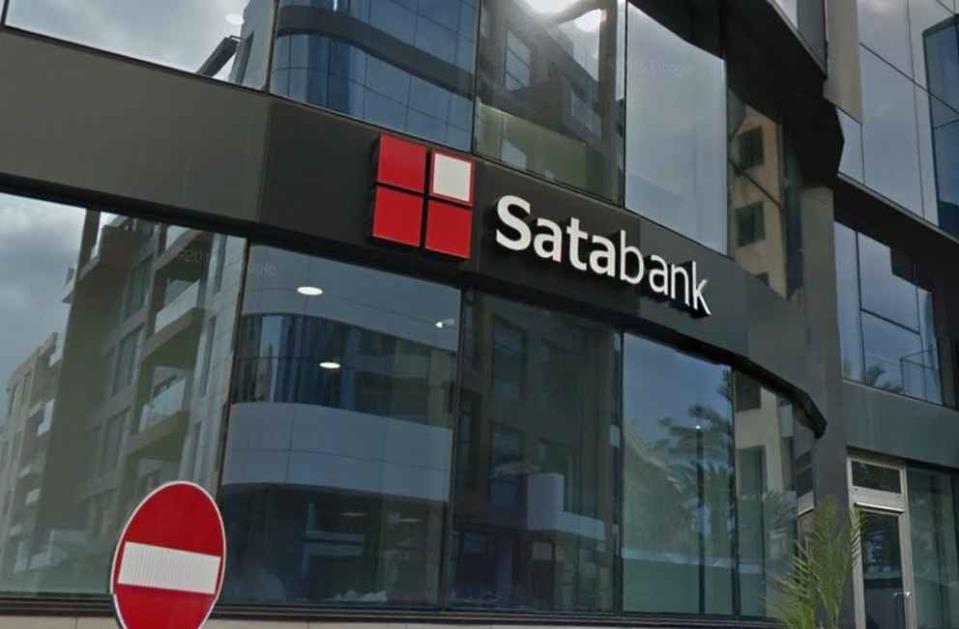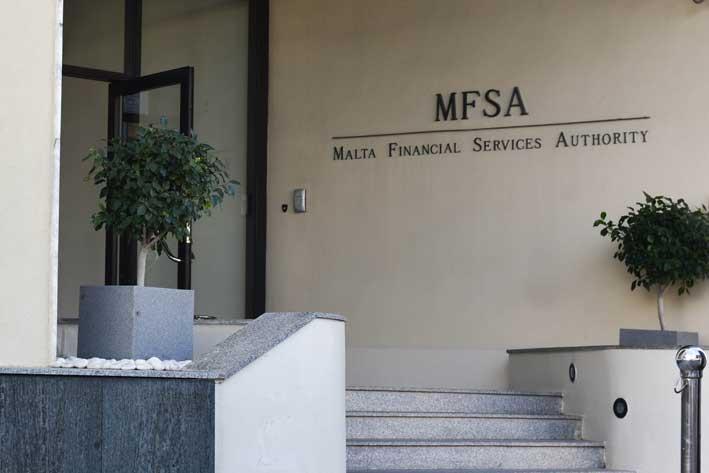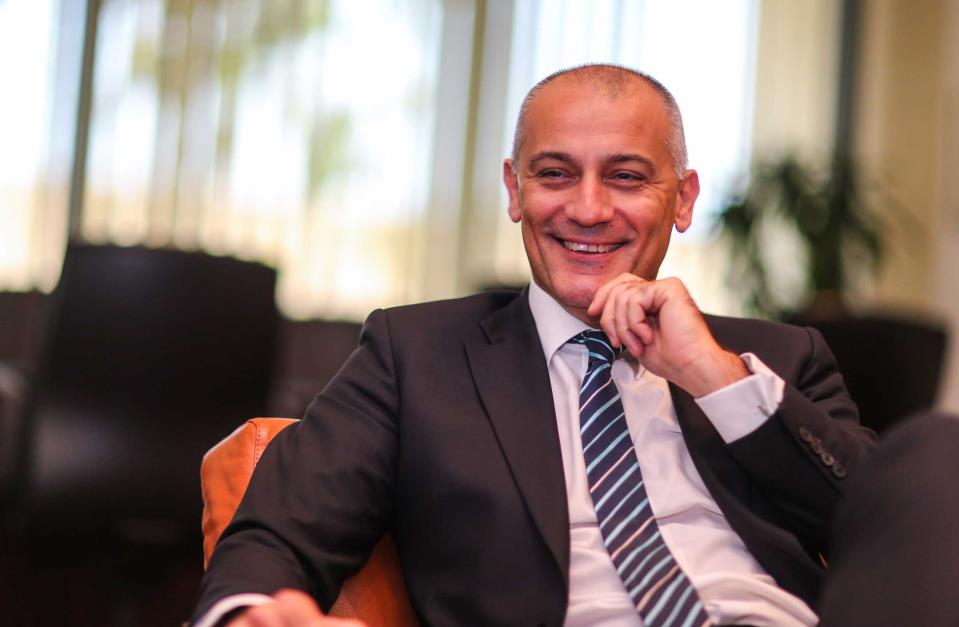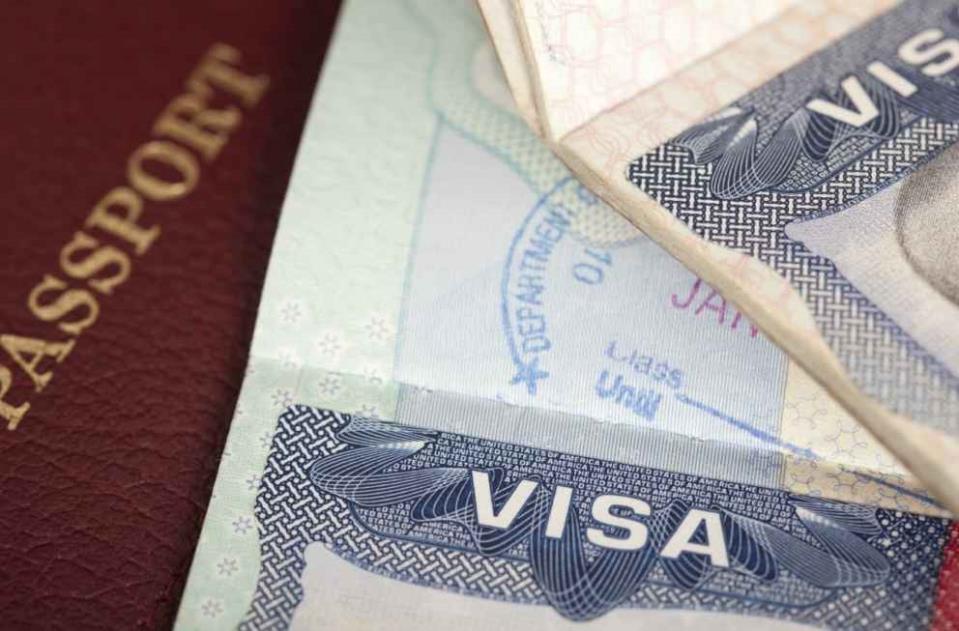Do you think the manner in which the MFSA is handling banking supervision is appropriate? First we had Pilatus Bank, where clearly the MFSA did nothing until the USA intervened and only then did it effectively close the bank. Now we have the Satabank saga where, again, a controller has been appointed who seems to have simply shut the doors on everyone, leaving employees without wages and individuals' small bank accounts frozen because it seems the bank did not follow procedures. What is going on?
I do not agree with your statements on Pilatus Bank and Satabank. Regarding the Pilatus Bank case, the US authorities arrested the bank's Ultimate Beneficiary Owner (UBO) on alleged breaches of US sanctions against Iran which had nothing to do with the bank and which took place years before Pilatus Bank was even licensed. The MFSA took action against the bank in view of the fact that the UBO had his 'fit and proper' status (to be a director and shareholder of a bank) compromised as a result of his arrest by US authorities.
With respect to Satabank, whilst I am very sympathetic to the hardship caused to the bank's customers, action had to be taken in order to protect the integrity of our financial system and the interests of depositors. Such decisions are not taken lightly but on the basis of intelligence, legal advice and data collection - including consultations with other authorities.
With respect to the hardship caused to Satabank customers, the controlled release of funds is starting tomorrow, while the government has set up a relief fund which will be managed by Malta Enterprise for businesses that have been affected.
There is room for improvement in banking supervision but rather than focusing on individual cases, we need to take a long-term view of the banking sector in Malta and decide where we see Malta as a jurisdiction for banking services.
There are key lessons that can help us address future challenges and risks. The banking situation in Malta is high on our agenda and my plan is to put together a new policy and strategic framework which takes stock of the current state (from the standpoint of competition, service quality, innovation, governance, risks and portfolio of services offered) and also articulates a strategy focusing on innovation, governance, service quality and the competitive landscape. A reform in banking legislation is also needed in order to modernise Malta's legal and regulatory framework.
Is this good for Malta's reputation?
Every jurisdiction, including those in Europe, has its fair share of supervisory breaches - many of them on a much larger scale than those in Malta.
In an ideal world, our lives would be much easier if everyone complied in full with all laws and regulations. It is unreasonable to expect that any supervisory authority guarantees a 100 per cent water-tight system. What is critical, however, is that the governance and supervision of the sector continues to improve on an ongoing basis underpinned by a sophisticated risk management framework which keeps risks to the jurisdiction at the lowest level. Furthermore, financial supervisors such as the MFSA need to be equipped with the necessary resources and supervisory capacity to ensure compliance.

It seems that Satabank was more open to the online gaming industry and these new FinTech companies. Are we working at cross purposes?
Each bank has its own risk appetite and client acceptance policies which determine the types of businesses and customers it is ready to serve. Furthermore, banks adopt different business models and strategies which enable them to target certain types of economic sectors or businesses.
MP Jason Azzopardi said in Parliament that the Malta Financial Services Authority did not adequately scrutinise Cristo Georgiev, the owner of Satabank. Is this the case?
I took note of what Dr Azzopardi said in Parliament and I believe that there was an exchange in Parliament with Parliamentary Secretary Silvio Schembri regarding this matter. Having said that, if Dr Azzopardi is aware of any information which the MFSA may have missed at on-boarding stage, or is not privy to, he is welcome to contact me to furnish me with this information.
Why are Satabank clients not being accepted elsewhere. Is it because they are raising red flags?
I am not aware of any such cases.
Why did the MFSA take so long to act on Pilatus?
Regulatory action against any licensed institution takes time due to the work involved, legal reviews, data and intelligence-gathering and due process, particularly when it comes to the withdrawal of a licence. The length of time depends on the complexity of a particular case.

What is the MFSA doing to improve Malta's reputation internationally - we have been blacklisted by OECD and has Malta made any sort of representations to reverse this decision?
The MFSA's transformation programme mentioned earlier should render the Authority more robust and efficient as a financial supervisor but we need to engage more at international level.
What new measures are you putting in place to ensure that licences are only given to companies that will abide by regulations?
We are placing risk management at the core of our activities. Furthermore, our due diligence and criminal probity systems and checks are currently being automated and reformed with the help of international experts. This will strengthen our first line of defence significantly.
What action has been taken with regard to Nexia BT, through BT International and BTI Management Ltd - with the former being registered as being authorised by the Malta Financial Services Authority to provide fiduciary services and the latter as a company service provider - in the wake of the criminal investigations into Mossack Fonseca as its past representative in Malta and in the wake of Minister Konrad Mizzi and Keith Schembri?
Any action that may be taken by the MFSA against any licensed institution will be made public.

The European Banking Authority expressed concern to the MFSA about engagement between the MFSA and the Financial Intelligence Analysis Unit during the authorisation process and the robustness of due diligence checks carried out as part of the authorisation process. What are you doing about this situation?
We have signed an MoU with the FIAU which has significantly improved the level and quality of engagement between the two entities. The MFSA and FIAU are working more closely together and the level of collaboration is yielding better results and a more coherent approach.
Are there any banks in trouble on the horizon?
No, but I do not exclude any regulatory intervention in the future if the need arises.
The Individual Investor Programme, online gaming, crypto currencies - are we sending a message that we are a shady jurisdiction, knowing how other countries view these sectors. Is Malta getting too much attention for the wrong reasons which, in itself, attracts business - but not the type to which we should aspire?
I disagree with that statement. Our success in the IIP programme, online gaming and crypto asset space is due to the robustness and transparency of our legal/regulatory framework and underlying ecosystem. Malta's forward-looking approach in these sectors and our drive to innovate makes Malta an attractive jurisdiction. In my view, Malta is open to good and reputable business: shady outfits are definitely not welcome.

The government is presenting Malta as a crypto-island, but clearly local banks are very reticent to open bank accounts for the companies that are being attracted to Malta. Why is this? Is the government going in one direction and the financial industry in a complete opposite one?
It is abundantly clear that Malta needs more banks to participate in the development of our economy, particularly in the digital and FinTech space. I am not happy with the current situation on various fronts and doing nothing is not an option for me. Our banking strategy and policy review to be published next year will address this challenge in a holistic fashion and we will consult with all stakeholders before any decisions are taken.
Why are you intending to move the MFSA into new offices within the next two years?
After 25 years, we have almost outgrown our current premises, which lack some basic facilities and are inadequate in terms of size, quality and layout. With the number of staff expected to reach 480 by the end of 2021, it is time for the MFSA to invest in new, modern facilities.